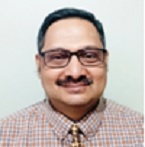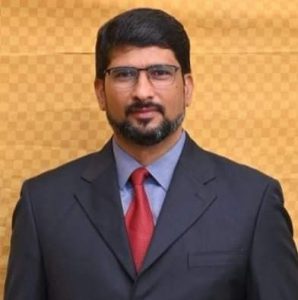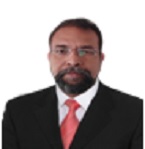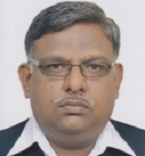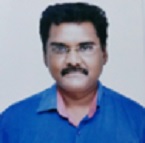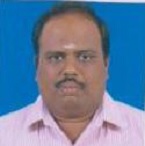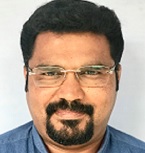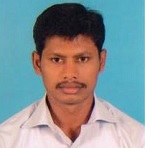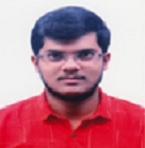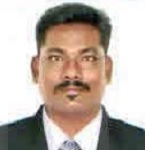Our Geology Department objectively aims to constantly strive, achieve, and maintain a meritorious and commendable position in the field of geological sciences.
We endeavor to fulfill this in our students by imparting and disseminating knowledge and necessary skills to them based on rational values, keeping in mind the local, national and global perspective.
We also encourage our students to actively participate, use, and contribute their acquired skills and knowledge for the overall benefit to the society they are a part of.
நோக்கு (Vision)
இலக்கு (Mission)
Our objectives are:
To provide, promote and sustain an enriching and transformative educational experience for our students with a strong foundation of basic and applied knowledge in the geological sciences.
To promote relevant pedagogical and research practices within and outside the department to enable our students to think critically, visualize and synthesize ideas with originality and application.
To impart and imbibe in them, necessary skills like problem-solving, communication, interpersonal, and leadership skills which they can transfer to their job or vocation that they wish to pursue.
To engage actively with relevant stakeholders and society in general, via participation, co-operation, and consultation outside the traditional boundaries of the department, locally, nationally, and globally.
Salient Features
Our Geology department was started in 1963 offering B.Sc Geology. The M.Sc Geology course was introduced in 1978 both under the non – semester system afiliated to the then University of Madras. The afiliation later changed to Periyar University from 1997-98 and the course was renamed as B.Sc Applied Geology and M.Sc Applied Geology respectively.
Our Department oficially became a research department by offering M.Phil and PhD degrees from 2006-2007 based on the guidelines and framework issued by Periyar University.
Our Geology Department has a museum with more than 1500 representative rocks, minerals, ores, and fossil specimens collected within geologically important places within Tamil Nadu and contiguous India. We also have models pertaining to crystallography, optical mineralogy, structural geology, petrology, and others in the museum.
A library with more than 2500 books is available in our Department. Inflibnet and NLIST facilities is also available with their recommended e-books in the library.
We have a separate laboratories for microscopy, survey, geochemistry & geophysics, and remote sensing.
The microscopy laboratory has thin sections of representative minerals, ores and rocks.
The survey laboratory is equipped with Brunton and clinometer compasses, prismatic compasses, plane table, metric chains, Dumpy level and Theodolite.
The geochemical laboratory is equipped with glassware and chemicals pertaining to qualitative analysis of ore minerals and water analysis, sedimentology and sediment sieving apparatus, and others.
The geophysics laboratory has a resistivity instrument for mineral and ground water exploration.
The remote sensing laboratory is computerized with open source software.

